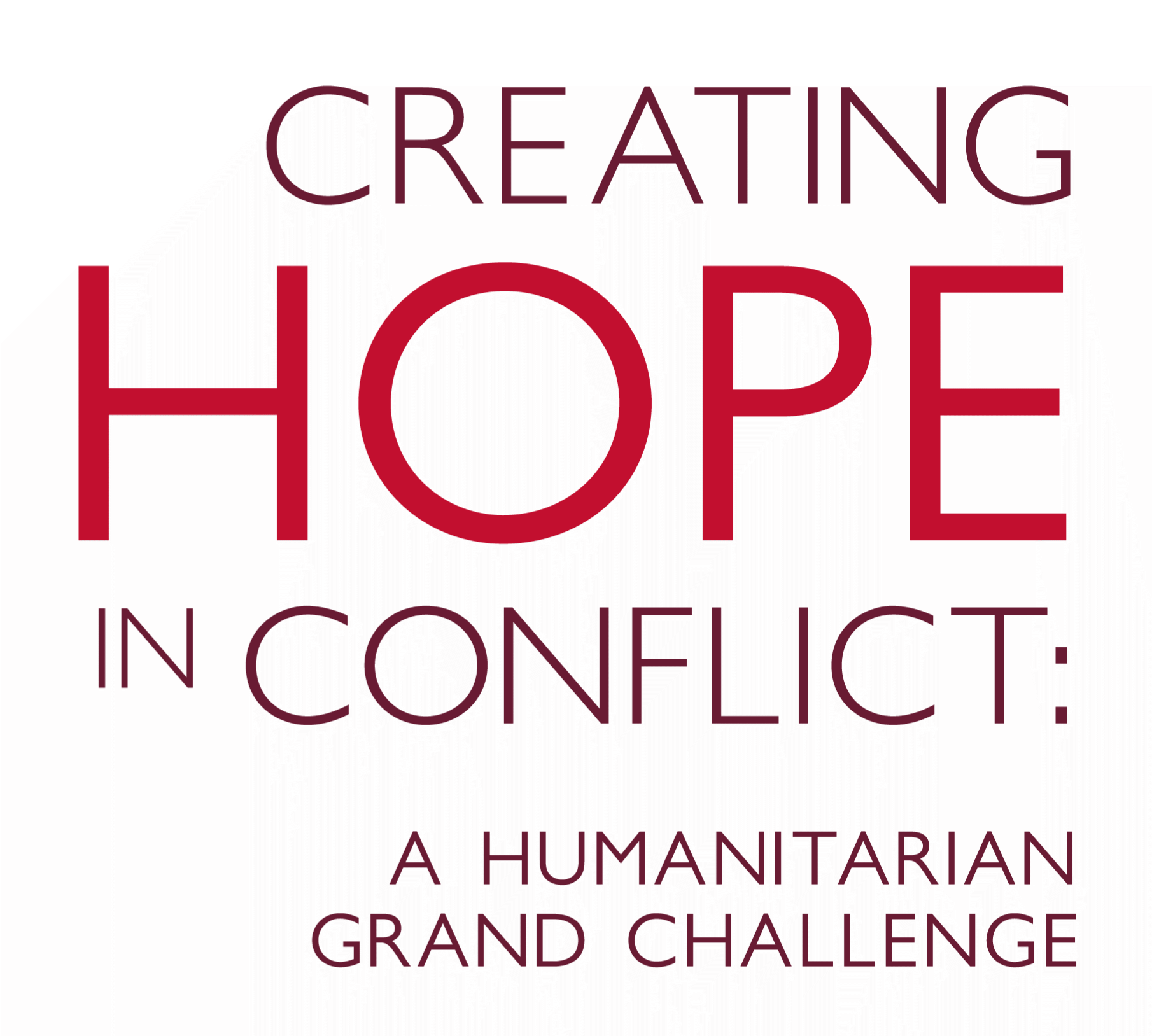This World Refugee Day, we honour the over 122 million people who have been forcibly displaced from their homes due to persecution, conflict and violence. Forced displacement upends lives, and the humanitarian system isn’t always equipped to respond as efficiently and effectively as possible. Still, refugees and internally displaced communities maintain creativity, cultivate resilience, and retain their right to live with dignity.
Across the globe, innovators are working alongside forcibly displaced communities, including refugees and those who have been internally displaced due to conflict, to reimagine what’s possible, forgoing charity for partnership and undoing outdated, harmful saviour complexes to honour agency, health, and life.
Grand Challenges Canada’s Creating Hope in Conflict: A Humanitarian Grand Challenge portfolio (CHIC) – a partnership of Global Affairs Canada, Foreign Commonweath and Development Office and Grand Challenges Canada – invests in life-saving innovations to help the most vulnerable and hardest-to-reach people impacted by humanitarian crises caused by conflict.
Here are three powerful examples of innovations we support, in action.
Safe Water, Even in the Worst of Times
The Safe Water Optimization Tool (SWOT)
When Gaza’s water systems collapsed in late 2024 amidst ongoing hostilities, Médecins Sans Frontières turned to a tool developed by a team at York University: The Safe Water Optimization Tool (SWOT). SWOT works with routine water quality data and applies machine learning and numerical modelling to generate precise chlorination targets, ensuring that water is actually safe as it moves from gathering points to consumption.
In Gaza’s overcrowded displacement camps, the difference between drinkable and dangerous water can be a matter of hours. With SWOT, humanitarian actors could act faster, safer, and more effectively. It’s a tool born of science, urgency, and care. Organizations working in acute conflict settings—including Ihsan Relief and Development, Concern Worldwide, and Médecins Sans Frontières— are using SWOT to analyze water quality data to generate precise, specific chlorination guidance, ensuring that water remains a source of life and doesn’t become the catalyst of illness.
With CHIC support, SWOT has been used in 33 refugee and internally displaced persons camps across Syria, Democratic Republic of Congo, and Gaza, helping protect over 200,000 people from waterborne illness. The team recently launched Impact Water Works, a non-profit platform dedicated to scaling SWOT sustainably. This means deeper partnerships to support refugees and internally displaced people in places like Yemen, South Sudan, Bangladesh, Kenya and Uganda, and long-term shift in how humanitarian water safety is done in emergencies worldwide.
Cooking Without Harm
Sun Buckets
Energy insecurity is a major challenge in conflict-affected countries, where poverty and damaged infrastructure leave refugees and displaced people with limited to no access to sustainable energy source.
In Kenya’s Kakuma refugee camp – one of the world’s largest refugee camps – women and girls often walk long distances for firewood, facing heightened risks of violence along the way. Respiratory illness from smoke is common, and fuel costs pile up.
Sun Buckets offers an affordable and locally manufactured solar-powered thermal cooker that stores heat for use. With CHIC support, their solution was deployed in community kitchens and households in Kakuma refugee camp where families gained access to cleaner cooking options. For the over 1,100 people using it, firewood use dropped nearly 50%. Women gained time and safety and everyone breathes cleaner air.
This innovative, locally driven solution is allowing access to essential needs for the most vulnerable communities affected by forced displacement, offering a successful model that promotes resilience and resource-sharing.
Bridging the healthcare and digital divide
Sehat Kahani
For Afghan refugees in Pakistan, Sehat Kahani is creating pathways to quality and affordable healthcare. Through e-clinics run by nurse intermediaries and a mobile telemedicine platform, the organization connects hard-to-reach communities to local nurses, community health workers and a network of 7,500 female, Pakistani doctors. Of the 94,000 people who accessed Sehat Kahani’s services, 75% were women.
The tool also offers round-the-clock remote consultations, an easy-to-use app, and access to local pharmacies to make sure that refugees can receive care and medication when they need it.
—
Whether it’s safer water, self-reliant healthcare systems, or smoke-free stoves, these innovations are meeting the needs of refugees and internally displaced people with respect and dignity. By prioritizing dignity and working closely with communities, the solutions we support strive to propel forward humanitarian responses that are building resilience and are effective and creative.




